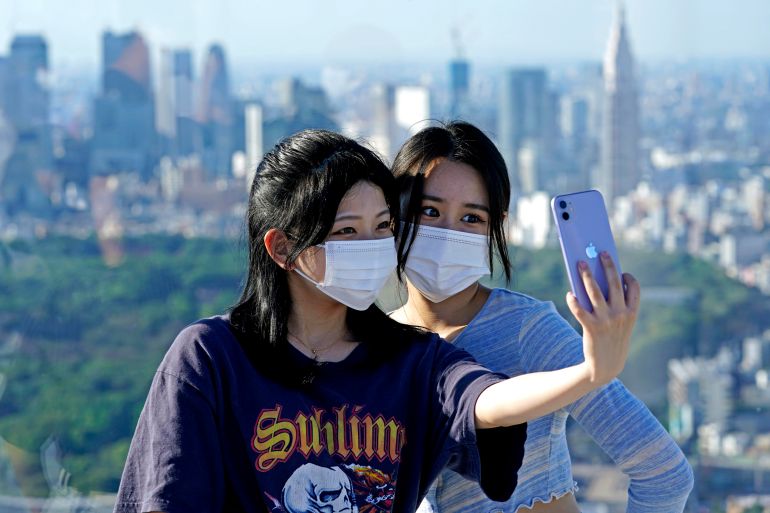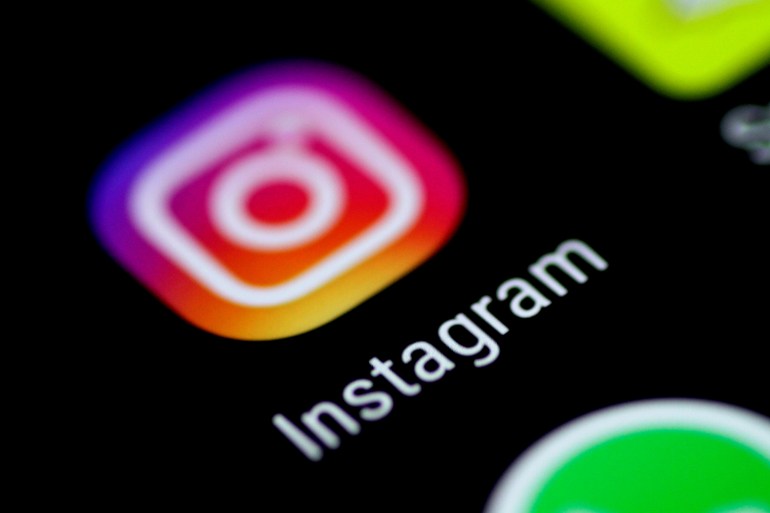Facebook knows Instagram is harmful to teen girls: WSJ
Documents seen by The Wall Street Journal show that Facebook knows Instagram is toxic for young girls, which strays from the tech giant’s public position on the matter.

For the last three years, Facebook has studied how its Instagram photo-sharing app affects the mental health of its millions of young users, and the firm’s researchers have repeatedly found that Instagram is toxic to a sizable percentage of them, particularly teenage girls, according to internal Facebook documents obtained by The Wall Street Journal.
“We make body image issues worse for one in three teen girls,” said one slide from a 2019 presentation by researchers that was posted to Facebook’s internal message board and viewed by the WSJ.
Keep reading
list of 4 itemsFacebook, Xiaomi eye $1 trillion mkt as they plan digital loans
Ethiopia to create local rival to Facebook, Twitter, WhatsApp
US Federal Trade Commission refiles lawsuit against Facebook
“Teens blame Instagram for increases in the rate of anxiety and depression,” said another slide seen by the WSJ. “This reaction was unprompted and consistent across all groups.”
The Instagram documents are part of a trove of internal Facebook communications reviewed by the WSJ, and show that Facebook has made minimal effort to address these issues and actually minimises them to the public.
As part of a series entitled “The Facebook Files”, the WSJ on Monday reported (paywall) that internal Facebook documents revealed that the social media company has built a system that exempts high-profile users such as politicians, celebrities and journalists from some or all of its content rules while publicly claiming that its more than three billion users are given an equal platform.
The programme, known as “cross check” or “XCheck”, shields millions of VIP users from the company’s guidelines and rules around what content may be removed, the WSJ reported.
Revelations from internal documents describing Facebook’s research on the impact of Instagram, published on Tuesday by the WSJ, appear to be the deepest dive yet into what the tech giant knows about its impact on teens’ mental health and reveals a gap between Facebook’s understanding of itself and what it reveals to the public.

Among teens who reported thinking about suicide, 13 percent of British users and 6 percent of American users traced the desire to take their own lives to Instagram, the WSJ reported after seeing one of the presentation slides.
More than 40 percent of Instagram’s users are 22 years old and younger.
Some 22 million teens log onto Instagram in the United States each day, which is a lot higher than the five million teens signing onto Facebook.
For Facebook, which paid $1bn for Instagram in 2012, expanding its base of young users has been crucial in recent years as fewer and fewer young users turn to Facebook for their social media needs, show the materials seen by the WSJ.
“The research that we’ve seen is that using social apps to connect with other people can have positive mental-health benefits,” CEO Mark Zuckerberg told a congressional hearing back March, when lawmakers probed him about children and mental health.
Then in May, Instagram chief Adam Mosseri said that research suggests the app’s effects on teen mental health are “quite small”.
The dive into Instagram’s impact is made up of focus groups, diary studies and surveys of tens of thousands of people. In five presentations over 18 months, researchers found that some of the problems were specific to Instagram, and not social media in general, according to the WSJ.

“Social comparison is worse on Instagram,” states Facebook’s research, referring to the tendency of users to compare themselves to others posting on the site.
While other apps such as TikTok, a short-video app, are grounded in performance, Instagram focuses on the body and lifestyle. The pressure to look perfect and have an ideal way of life could send teens spiralling towards eating disorders and depression, internal research found.
“Aspects of Instagram exacerbate each other to create a perfect storm,” the research said.
Facebook’s findings were reviewed by the company’s executives and mentioned to Zuckerberg in 2020, according to the documents seen by the WSJ.
But when asked last March by the lawmakers about the impact of Instagram on young people, Zuckerberg defended the company’s plan to launch an Instagram product for kids under 13.
“I believe the answer is ‘yes’,” Zuckerberg said in front of the congressional committee when asked if the company had done research on Instagram’s effects on children.
And when several senators in August asked Facebook to send them their internal findings on the impact of Instagram on youth mental health, Facebook sent a six-page letter but did not include the company’s research.